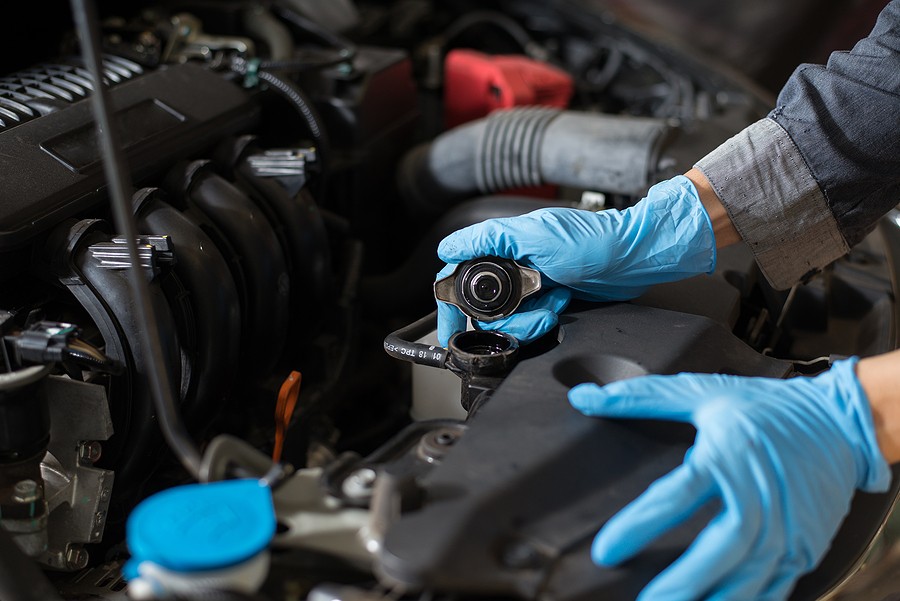If you're searching for “how to know if a radiator is bad,” below are the ten most common symptoms:
- Engine overheating
- Coolant leaks
- Low coolant level
- Discolored coolant
- Frequent heating in traffic
- Radiator Fin damages
- Weird smells
- Inconsistent heating
- Unusual noises
- Visible damages
The radiator is a core component of your vehicle's cooling system. It's responsible for making sure that your coolant is at the optimum temperature level to drop the engine's temperature below the maximum point.
If the reader is not working properly, it can easily impact the overall cooling system performance. Therefore, you must monitor for any symptoms, indicating a better radiator to help address the problem as soon as possible before it gets out of hand.
This article highlights the ten most common symptoms that could help answer the question, “How do you know if a radiator is bad?” Let's read on for more details!
How do we know if a radiator is bad?
Detecting a bad radiator is a critical skill set you need to build as a car owner. If you could identify this problem as early as possible, you have a high chance of fixing the vehicle without installing major components.
However, if you ignore it, don't be surprised to place things that might cost you thousands of dollars on repair.
Automotive experts understand the importance of having a working radiator in your vehicle to prevent cooling system problems. That's why they put together the following list of 10 potential symptoms indicating a bad radiator:
1- Engine overheating
The first and most common symptom indicating that you need to check on the radiator is when you have an engine overheating. As mentioned, the cooling system prevents the engine from getting hot beyond the maximum point.
Since the radiator is a critical member of this cooling system, when it goes bad, it can easily lead to engine overheating because the cooling system cannot address the engine heated issue. It could lead to severe damages that might cost a lot of money to fix.
2- Coolant leaks
When your radiator goes bad, don't be surprised to find some issues with the coolant leaks. The coolant runs through the radiator to cool down and get ready again for cooling down the engine. As it runs in the radiator, it should run smoothly, but if it finds some weak seals or any problem with any of the going system components, it can easily leak through these weak seals.
One way to determine whether you have a coolant leak is by looking underneath the car and monitoring for any potential signs of fluid dripping. Sometimes, you might be able to see it clearly, but another time, if the coolant leak is minor, you won't able to see it, but you can find additional signs of fluid that evaporated around the system components.
Regardless of the source of this coolant league, it would be best to address it as soon as possible because running your car in a local area is critical and can easily lead to extremely complicated problems that might cost you the entire vehicle.
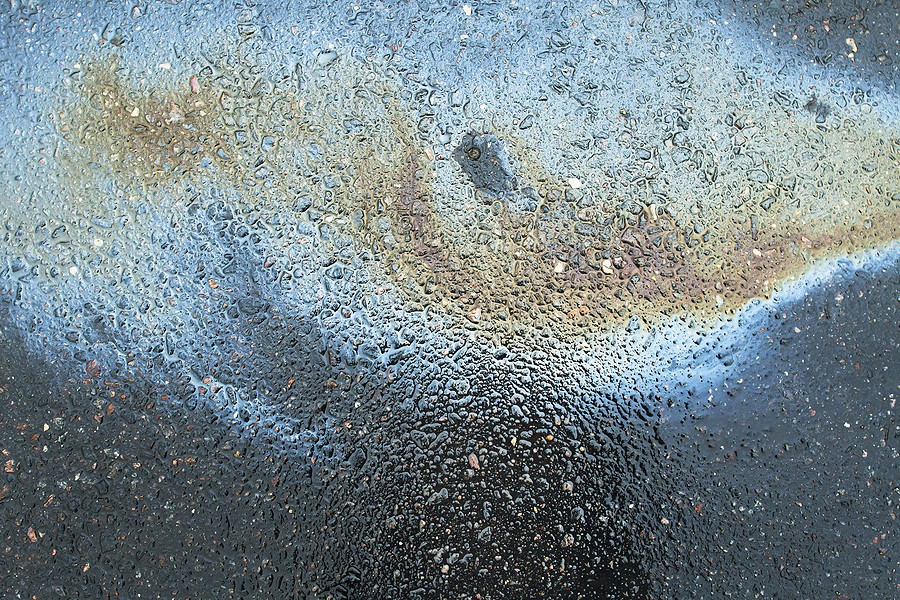
3- Low coolant level
If they want to start dropping and leaking outside the car, it's not surprising that the coolant level is dropping. In other words, looking at the reservoir where the coolant is stored, you'll see it going low and sometimes below the minimum point.
As we mentioned earlier, the worst thing you want to do is to continue driving your car if it has a very low coolant. If it drops below the minimum point, this is because it can easily damage the engine and the surrounding components.
4- Discolored coolant
Sometimes, if their radiator is bad, it contaminates the coolant itself. In other words, some foreign particles are wearing out from the radiator; they can get stuck in the coolant and cause it to get discolored.
That's why we always encourage our readers to check on the coolant and see if it's at the optimum level and has the right consistency and color. One way to determine whether you have the right coolant color is by comparing it to a fresh, healthy coolant you might have purchased recently.
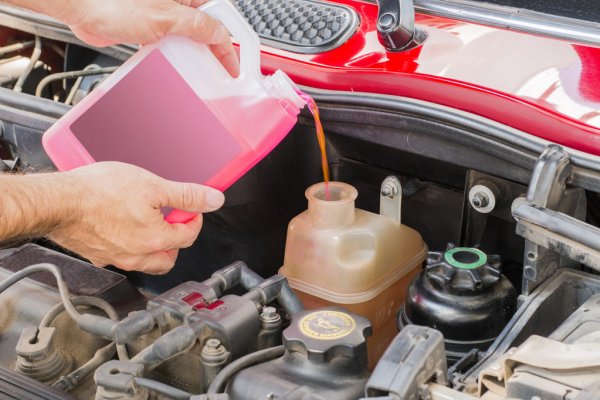
5- Frequent heating in traffic
When their radiator is not working properly, it doesn't mean it's gone completely pure. In other words, you might be able to detect some early symptoms that could help you address the problem before it already fails.
For example, a weak radiator might cause your car to overheat in traffic. If the engine is stressed and you keep hitting the brakes. Then, the gas keeps the vehicle moving and stopping; this adds additional stress to the engine, requiring more coolant support. If the radiator does not cool down the coolant, the engine will overheat during traffic.
6- Radiator Fin damages
Like any other component in your car, 30 years is expected to get damaged over time. One way to check that is by looking at the radiator fins. At these, fins are typically not a problem and will not last forever. Therefore, if you feel that there are damages around these fins, your mechanic needs to address this by replacing them or seeing what needs to be done.
Replacing the radiator fins is much cheaper than replacing the entire radiator if the problem evolves. If you notice some damage in these fins, talk to your mechanic immediately and have him replace them if this could evolve and get to the engine and the transmission.
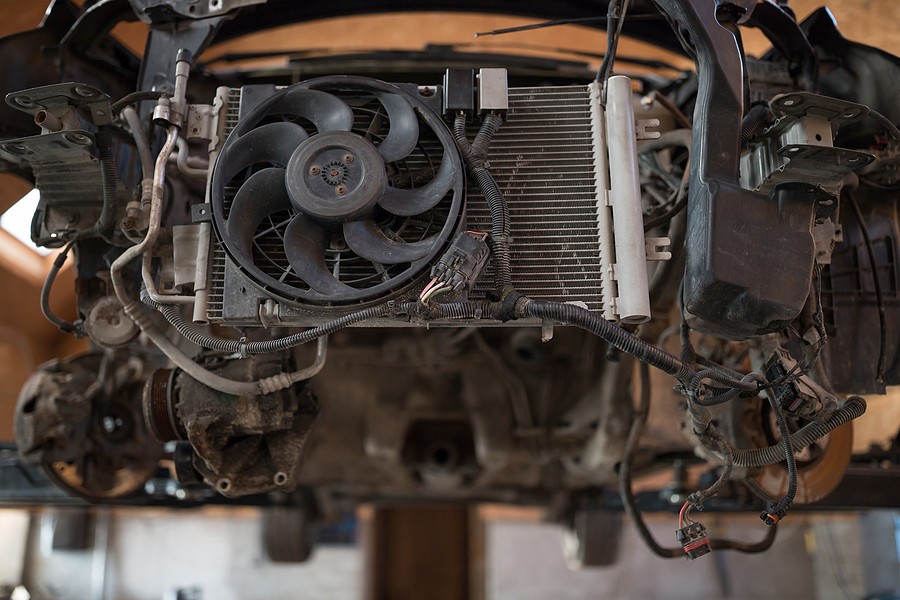
7- Weird smells
A bad radiator can also cause your vehicle to make some weird smells. Typically, you'll smell something like a sweet smell, indicating some coolant leaks; still, you might also smell something like hot rubber or some burning smells because of the hot temperature around these rubber components in your vehicle.
Regardless of the type of smell, you must never ignore any smell coming from your car. Many people think they should only monitor for bad smells, but when the coolant leaks, it smells like a sweet Maple syrup smell.
That's why the sooner you address these weird smells, the easier it is to fix your car, but obviously, sometimes you might not be able to detect the smell until it's out of hand.
8- Inconsistent heating
Even if the radiator is not getting your engine overheated during traffic, sometimes you'll feel inconsistent heating. In other words, if you turn on the heating system, things might be running perfectly, but in some other situations, it might not appear.
Since the cooling and heating systems are connected somehow, it's not surprising to find that the cooling system's performance impacts the heating system. That's why whenever you have an issue with the cooling system and the heating system, especially when the temperature is very cold outside, you might want to check on the radiator just in case.
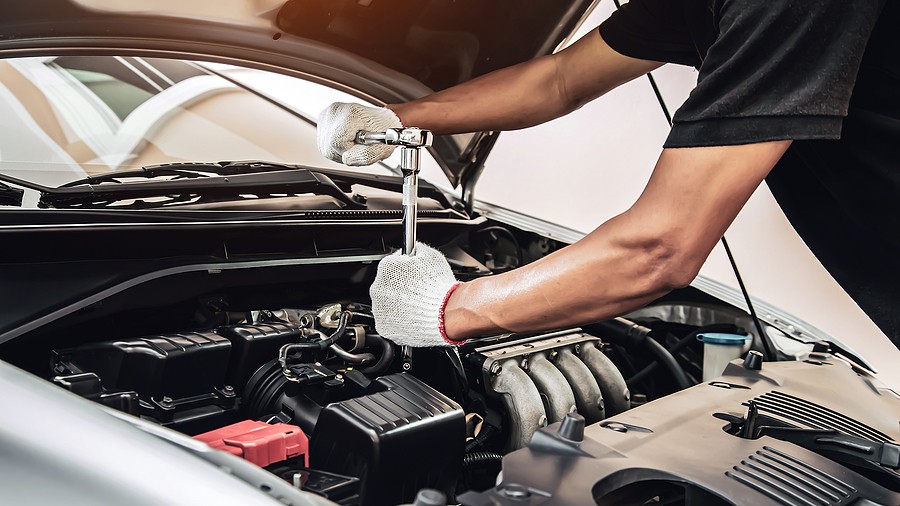
9- Unusual noises
When your vehicle often wants to complain about internal problems, it'll start making some weird smells. However, it's also more common to hear weird noises as things get damaged or slightly worn out.
For example, some people complain about hissing and gurgling noises from the radiator side whenever they turn on the vehicle and run it for longer. This could indicate air bubbles inside the system, which should not be the case.
10- Visible damages
Finally, a quick visual inspection of the radiator itself can help you determine whether it's going better. For example, you could look at the surrounding components and see if any potential signs of clear rust and corrosion could indicate that your radiator is about to end its lifetime.
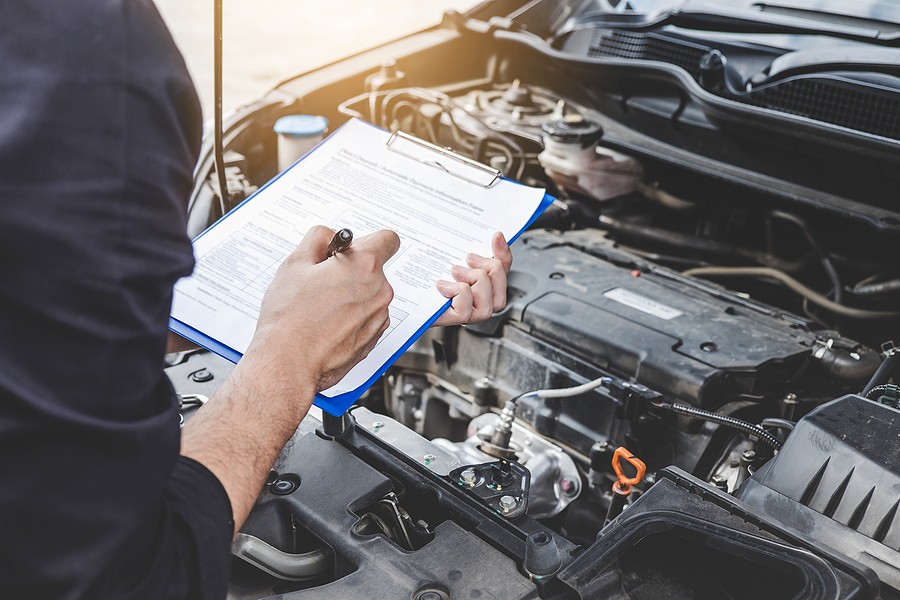
How do you know if the radiator is bad? Final Thoughts
The radiator is a core component in the cooling system; when it goes bad, it leads to many problems, including engine overheating and other damages. Therefore, it is important for you as a car owner to address any potential problems with the radiator as soon as possible before you need to replace it completely.
This article highlighted the ten most important symptoms that could help answer the question, “How do you know if a radiator is bad?” If you confirm that you already are bad, you have to address the problem, but sometimes repair costs can be very high to the point where it's not worth fixing your car.
If you want to sell your car because of the major repair costs, always consult Cash Cars Buyer at 773714363.
If you're interested in similar posts, we highly encourage you to visit our blog by clicking here.

